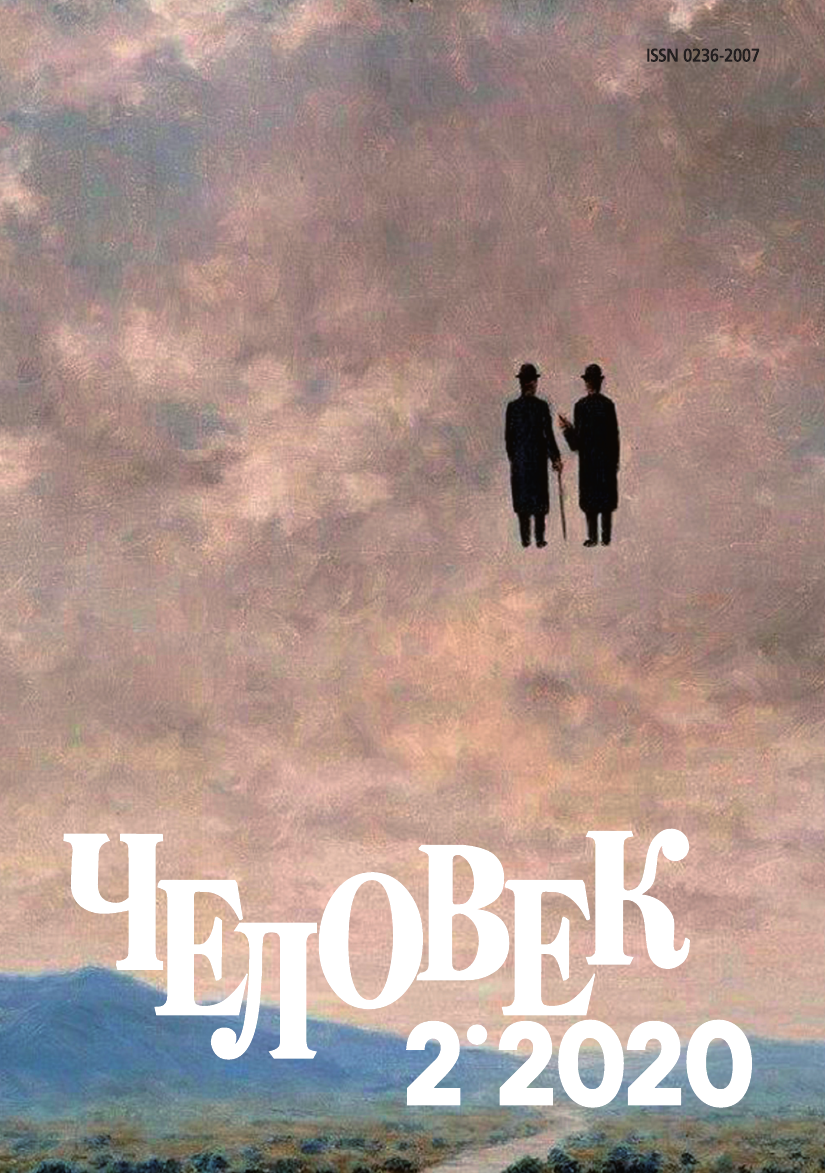“Why war”? The Prevention of War and the Responsibility of Intellectuals
Keywords:
war prevention, Einstein, Freud, national-socialism, life instinct, death instinct, power, law, violenceAbstract
The article is devoted to the consideration of the 1932 correspondence of Albert Einstein and Sigmund Freud, known in the intellectual world, on the prevention of war. For ideological reasons, correspondence was not published in the USSR and was not officially known to Soviet scientists. The publication of its fragments in the Literary Newspaper in 1995 attracted the attention of Academician I.T. Frolov, creator and director of the Human Institute of the Russian Academy of Sciences at that time. This publication has been preserved in his archive. The article sets the task of reconstructing the context of the discussion of the problem of prevention in three time plans: the time of the 30s. XX century, when a new wave of instability and military preparations covered Europe; time of the first acquaintance of the Russian reader with the text of the correspondence of two intellectuals and the state of military conflicts of the 90s XX century; finally, the growing concern of intellectuals for maintaining peace in the modern world of ongoing military conflicts and terrorism. The author believes that Freud’s idea of the development of human intelligence as the basis of culture, the guarantor of the elimination of the death instinct and, therefore, the prevention of war, is realized in the modern world in the “technoscience” space, where a person loses his humanitarian position and therefore new fears of escalation of military conflicts, accompanied by poorly controlled growth of nuclear weapons and bio-threats to humanity are becoming increasingly relevant and alarming.






